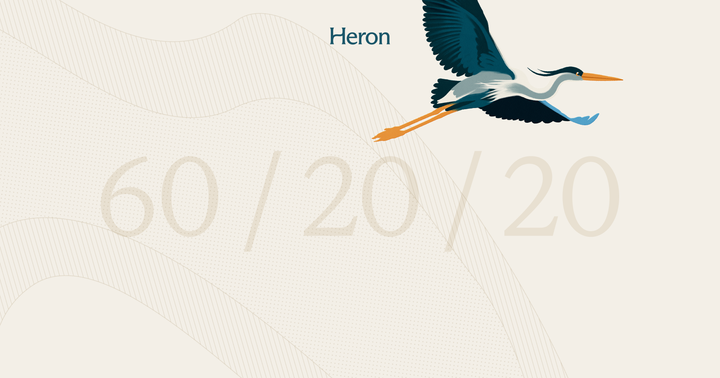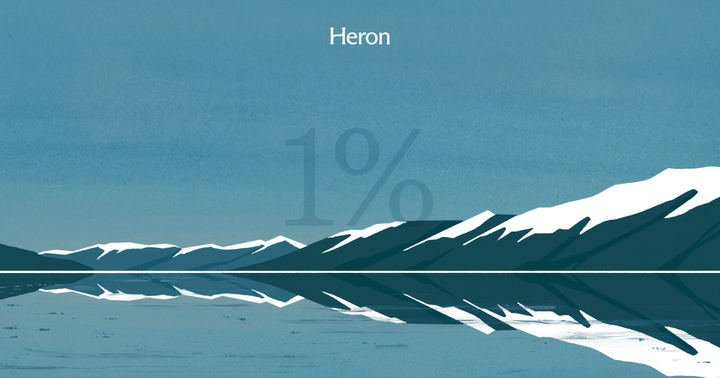Let’s Get Ready to Rumble! (over private credit)
Does the rise of private credit pose a systemic risk to the broader economy? Jamie Dimon and Mark Rowan duke it out in a very public tit-for-tat. Heron Finance brings you the action from ringside.

Everyone loves a good fight. And Wall Street is pitting two of its biggest heavyweights against each other in a battle over the threat (or lack thereof) that private credit poses to the broader economy.
As boxing announcer Michael Buffer might say…
“In the blue corner, hailing from the world of investment banking. He is the former president of Citigroup… the former CEO of Bank One… and the reigning, defending Chairman and CEO of the world’s largest bank: Jamie ‘JP Morgan Chase’ Dimon!
And in the red corner, hailing from the world of private equity. A former M&A executive from Drexel Burnham Lambert and the founder and CEO of one of the largest asset managers in the world: Mark ‘Apollo Global Management’ Rowan!
Ladies and gentlemen: Leeeeeeeeets get ready to rumble!!”
Punch, Counterpunch
So what’s this all about, anyway?
Dimon has decried private credit as ‘shadow banking,’ and claims the risks inherent in the less-regulated asset class (relative to traditional banking) represent a systemic risk to the economy as a whole. Rowan, in contrast, claims that private credit makes the economic system more resilient, because the typical bank is leveraged 10-12x, and therefore moving money out of that system and into the far-less levered system of private credit makes the overall economy safer.
This whole back and forth actually started last summer, when Dimon famously bemoaned “they’re dancing in the streets.” He was referring to private credit investors (like Rowan), who were benefiting from the ability to issue loans with less regulatory oversight than what traditional bankers (like Dimon) have to deal with.
Rowan responded a month later by pointing out that banks have been investing in private credit as well (including Dimon, whose JPMorgan Chase is looking to spend billions acquiring its own private credit shop). "While some talk about the dancing—of this being a great time for private credit—I've noticed that there's actually been dancing on both sides," Rowan said.
So it looks like we’re already in Round 6 or 7 of this heavyweight battle!
In that case, who’s winning?
Tale of the Tape
One metric we can look at is the growth of private credit. In 2012, direct lending (the majority of private credit loans) made up just 2% of the capital that leveraged companies borrowed. By 2022, that number had ballooned to over 20%.
So clearly private credit is growing in popularity. At least as far as institutions are concerned.
When it comes to individual investors, the same hockey-stick growth has yet to materialize. According to Blackstone, just 1% of the $80 trillion of wealth held by individuals with at least $1 million in their accounts is allocated to alternative assets like private credit, compared with one-third for institutional investors.
A big reason for that is until recently, it was challenging for individual investors to access private credit deals. Digital platforms like Heron Finance have upended this dynamic by building diversified portfolios of private credit deals for accredited investors.
Now, major asset managers like KKR and Blackstone are looking beyond institutional investors like pension funds and endowments for sources of capital. These large managers are targeting wealthy individual investors for private credit fundraises, illustrating the growth in popularity of the asset class.
Of course, private credit’s record growth does not indicate its systemic risk potential. The only way to find out for certain if there is any real potential for systemic risk is for an economic calamity to befall the United States. We’d then be able to measure if the economy is more or less resilient thanks to the entrenchment of private credit within the broader financial sector.
So it looks like the Dimon and Rowan heavyweight battle will continue on for many more rounds. Hopefully into infinity (no one wants to see another economic calamity on par with The Great Financial Crisis).
Of course, we at Heron Finance have our own opinion–we view the fact that large banks are moving deeper into private credit as a sign they recognize that the asset class has staying power, and that it does not pose the type of systemic risk that many claim to be so concerned about.
In other words, we’re on Team Rowan.
We’d love to find out where you stand–email us at research@heronfinance.com and let us know!




